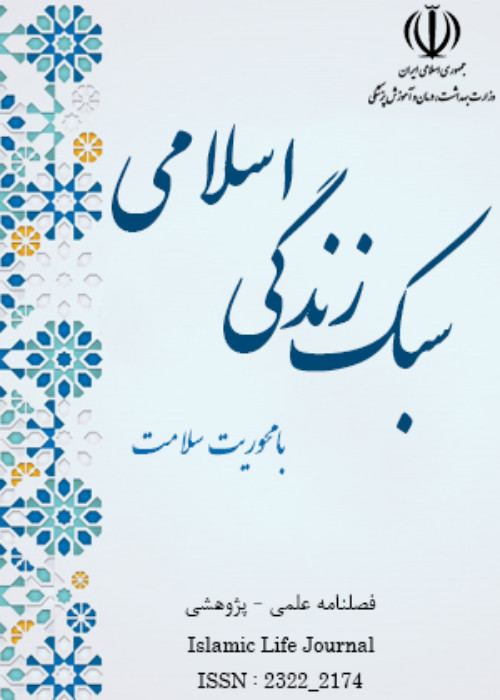Open Pedagogy in the Thought and Lifestyle of Ancient Philosophers and its Evolution in the Life of Societies of that Time
This study was conducted with the aim of conceptualizing open pedagogy in the thought and lifestyle of ancient philosophers and examining how it developed in the lives of societies of that time.
In terms of type of research is theoretical and qualitative research method is descriptiveanalytical. The statistical population, by the nature of the subject, includes all sources and documents related to open pedagogy and the educational perspective of ancient philosophers, including all electronic and written books, articles, magazines, sites and valid databases, dissertations and doctoral dissertations. The statistical sample is all available sources and documents related to the subject. The method of data collection is a library in which researchers have sufficiently studied and analyzed and filed all electronic and written books, articles, journals, sites and databases, dissertations and doctoral dissertations.
To answer the research question, the collected information was classified, analyzed and interpreted. From the collected information, 9 main categories: 1. Objective 2. Teacher 3. Student 4. Teaching method 5. Content and topic 6. Planning 7. School 8. Evaluation 9. Resources were extracted.
The results show that more of the sub-categories of purpose and teacher and a small number of sub-categories of student, teaching method, planning and school were in the educational perspectives and lifestyle of ancient philosophers and almost none of the sub-categories of subject and content were evaluation. And the sources were not in the educational views and lifestyles of the ancient philosophers.
- حق عضویت دریافتی صرف حمایت از نشریات عضو و نگهداری، تکمیل و توسعه مگیران میشود.
- پرداخت حق اشتراک و دانلود مقالات اجازه بازنشر آن در سایر رسانههای چاپی و دیجیتال را به کاربر نمیدهد.



